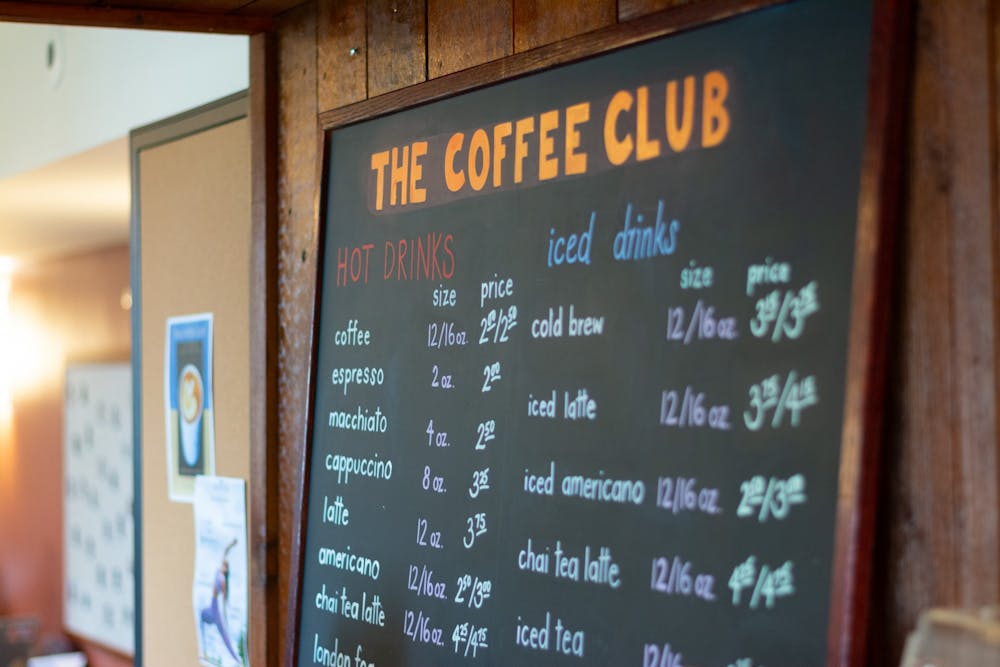The start of a new school year heralds the resumption of many habits and routines we often ditch over the summer: earlier morning alarms, more frequent visits to the library, and regular consultation with our to-do lists or planners to name a few. Yet one feature of many students’ daily routine that often continues over the summer is their morning cup of coffee. The importance of this ritual rests not only on the beverage’s delicious taste or warm cozy feeling, but, most significantly, on its caffeine content.
While many may have initially turned to coffee as an occasional pick-me-up or an adult-ish morning beverage to try, it has become a necessity for many students and professors alike. This year, the ‘Prince’ Senior Survey found that 57.7 percent of Princeton seniors drank coffee for the express purpose of consuming caffeine. Once morning coffee becomes a habit, its caffeine dosage ceases to be an extra source of energy but rather a required one. I have days where the thought of making it through without a cup of coffee seems impossible. I would simply fall asleep right in the middle of class!
Though coffee may have its benefits, its prevalence on college campuses as well as in the workplace deserves scrutiny. The casualness with which people mention they are on their third cup of coffee or have a raging headache because they have yet to consume their first one is in some ways alarming, as these statements signal the near chokehold the energy inducing beverage has on a good portion of the adult population. Relying on caffeine for energy on occasion isn’t problematic, but our regular dependence on it does seem somewhat problematic. Why have we created and accepted environments in which we can only exist if we consume supplemental forms of energy?
This broad sweeping dependence suggests students and professionals are regularly expected to perform in ways that require more energy than they naturally have. If we were to rely purely on the energy we get from eating and sleeping, that would be insufficient, so we turn to our morning coffee. When we fail to get enough sleep, turning to coffee seems like a useful tactic to help us take on the day. But daily consumption of caffeine implies we regularly get inadequate amounts of sleep. When it comes to other biological needs — such as food or water — if we do not get enough, we do not seek out replacements. Instead, we consume more. Why is our willingness to supplement any different when it comes to sleep?
While caffeine may initially help combat a lack of sleep, it certainly does not replace it. Sleep is important for all humans, and particularly for college students who have busy schedules and high standards to meet. Culturally, it seems we have accepted sleep deprivation as a natural part of adult life, but I think it is important to reframe the conversation around coffee and caffeine consumption. We can appreciate the energizing quality of caffeine when it is needed, but we should also strive to take care of ourselves more meaningfully and get enough sleep.
Ava Milberg is a junior from New York City majoring in the School of Public and International Affairs. She can be reached at amilberg@princeton.edu.








